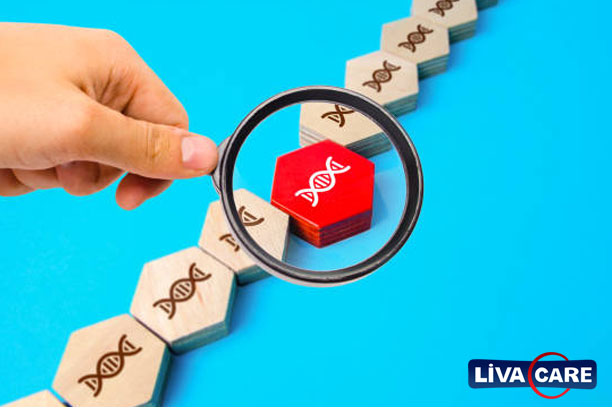Center For Un Diagnosed Diseases
Our aim in our check-up center is to detect a health problem, if any, of people with or without any complaints, to investigate future risks, if any, and to take precautions. Unnecessary analyzes are not made, packages are made according to the person.
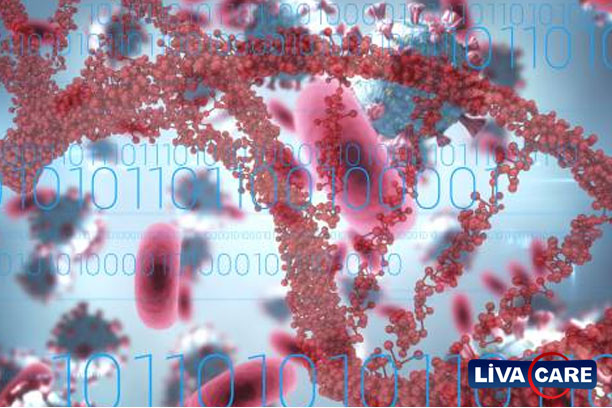
1. CHECK UP Center
Factors taken into consideration while preparing the contents of these packages:
- If there is any complaint about it,
- If there is a genetic disease in the family,
- Physics structure
- Habits
- Living space and surroundings
- Number of births for women
- Age
- Packages are prepared according to gender.
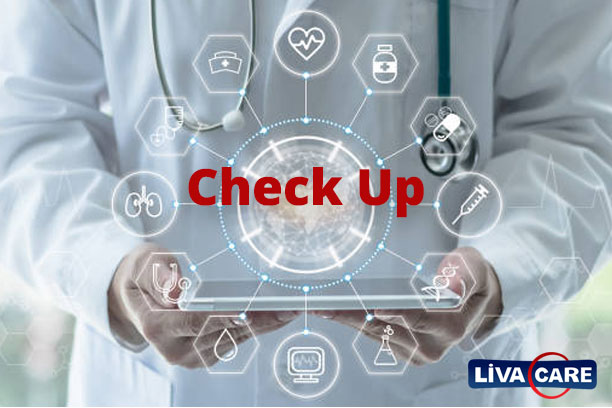
2. Cardiology Check Up
It is to prevent heart attacks, which are the most insidious and result in 90% death under the age of 40. Insidious heart diseases usually come on suddenly without a problem. Some heart diseases are mixed in complaints such as stomach and gas. Necessary precautions are not taken. The problem is bypassed. This problem often results in death. That's why checks related to the heart are important for all ages.
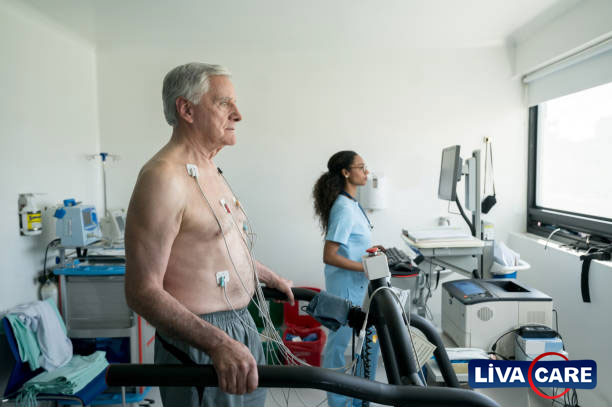
3. Neurology Check Up
The brain, which manages the body like a machine, does its job with the nervous system. In the nervous system, the whole body stops suddenly, like the engine of a machine, due to the slightest damage to the commands sent by the brain. Neurology check is important for the health of the brain giving the command and the correct functioning of the whole body system. The control of the nerves that are the mediators of the whole system, such as seeing, hearing, touching, without feeling the need for the toilet, passes through the neurology checker. Paralysis is a preventable disease in some diseases. The first and most important of this is early diagnosis.
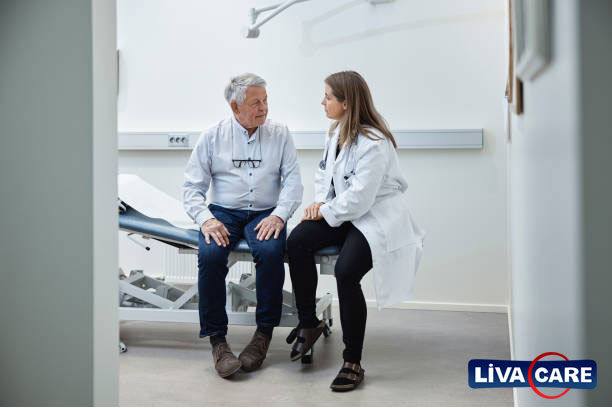
4. Bone, Joint and Muscle Diseases
The roof of the body is a check for the health of the muscles, the bones that protect the nervous system and the whole system. Diagnosis of irreversible diseases such as muscle atrophy is made by check-up. Early diagnosis prolongs your life and enables you to live a better quality of life.

5. Children's Squeegee
For the detection of congenital problems, early detection of hidden diseases that may occur in the future, and the detection of organs and systems that do not necessarily develop in the newborn, a general evaluation should be made at least every 2 years before children reach the age of 7 years. It should be checked whether the age-related growth is normal, the systems and organs are working normally.
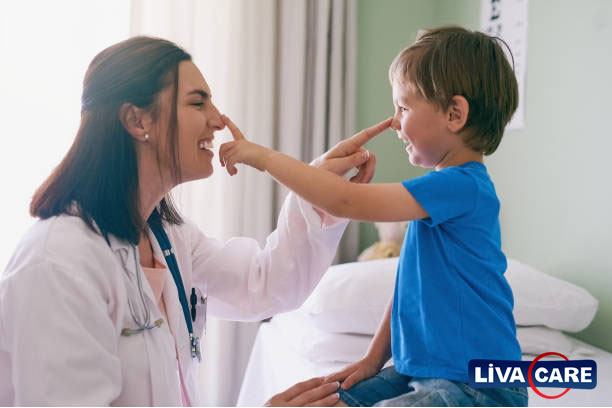
6. Puberty Check Up
Adolescence is the end of childhood and the beginning of adulthood. The body grows and transitions as a whole system. Control of sexuality and reproductive organs in this period prevents problems that may occur in later ages, most importantly infertility.
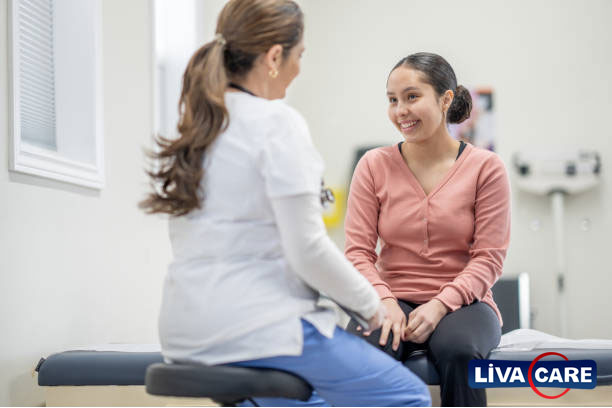
7. Oncology Check Up
It is an indispensable part of every person's life, and this check should be made every 5 years. It should be done whether there is a problem or not. The cancers with the worst outcome are those that progress insidiously and are not diagnosed early. If there is a genetic familial risk, it should be done every 3 years. All cellular changes that may occur according to age and gender are detected in oncology check-ups. Don't be afraid of cancer, be afraid of being late, have regular checkups.
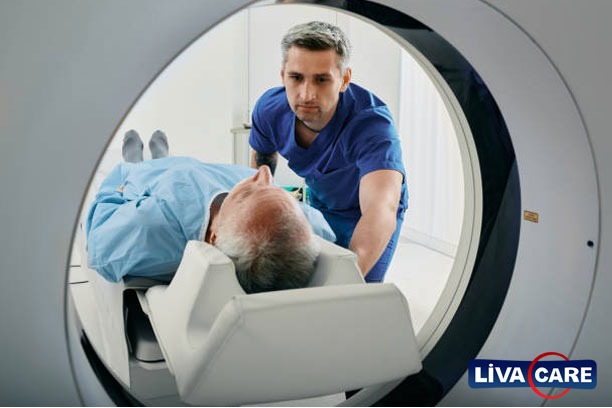
8. Advanced Age Check Up
In advanced ages, menopause, anthroposis periods are the checks that need to be made for healthy aging at the ages when the system is weakened and cell error stops.

9. Perinatal Diagnosis and Treatment Center (Risky Pregnancies)
It is essential for every man and every woman to determine whether they are healthy in terms of reproductive health or not. These checks;
- Normal reproductive organs, normal sexual personality control during childhood,
- Normal reproductive organs, normal sexual personality control during adolescence
- Before marriage, birth control, infertility, control of reproductive organs, control of hormones should be done. It is essential for a healthy pregnancy, a healthy sex life, and a healthy sexual aging.
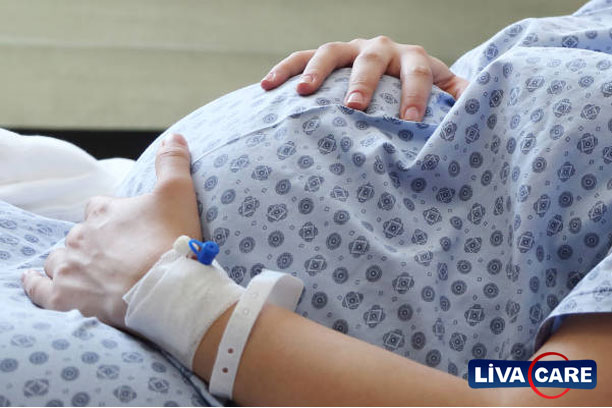
10. Genetic Diseases Evaluation Center
Genetic diseases in the family should be screened primarily in childhood, adolescence, before and after marriage, and during pregnancy. Early diagnosis plays an important role in the detection and treatment of these diseases.
